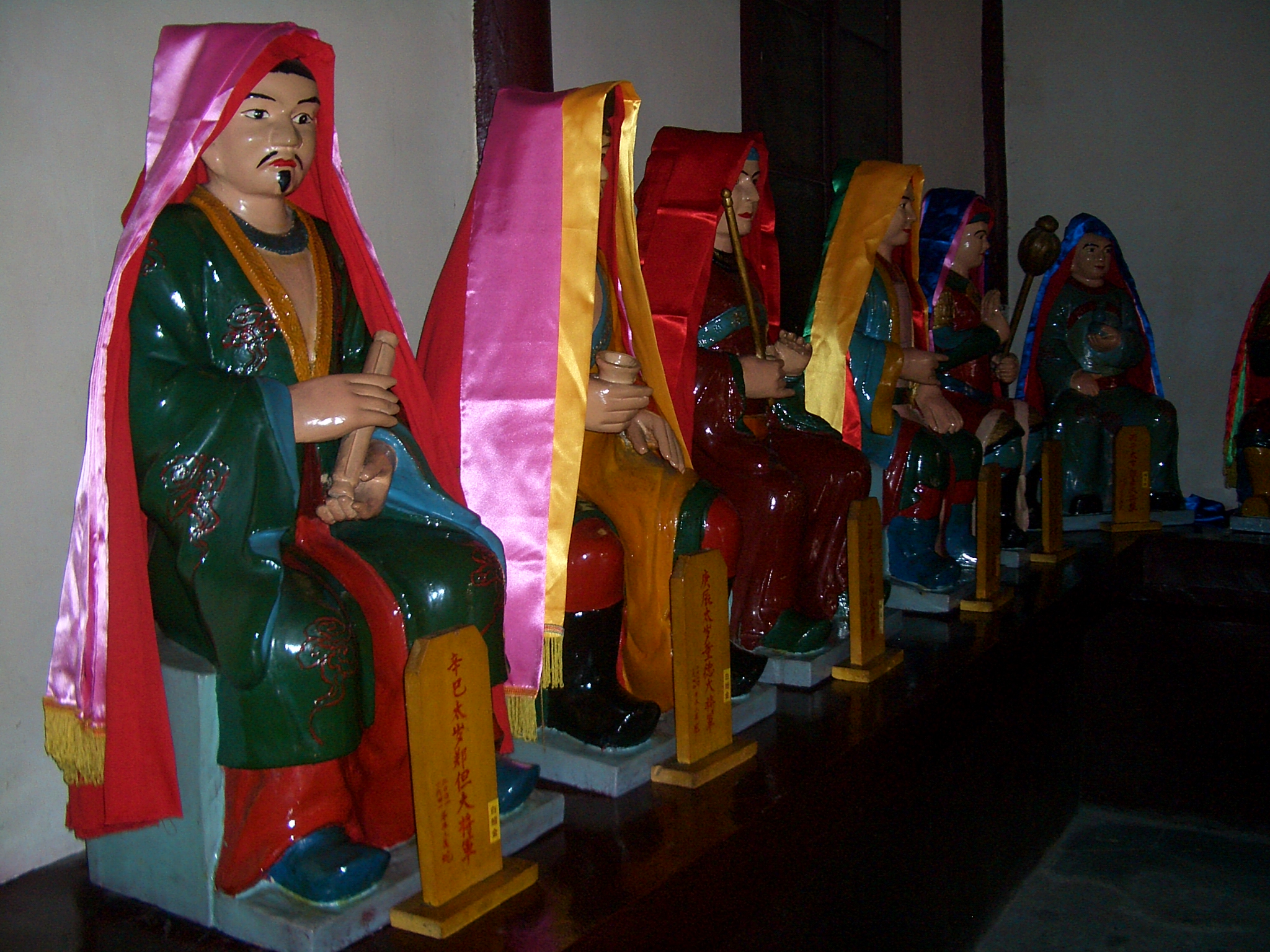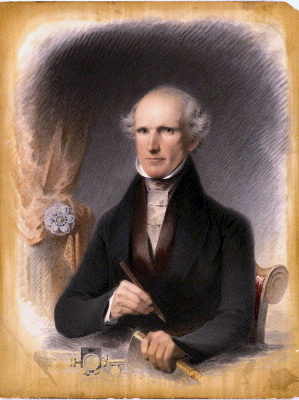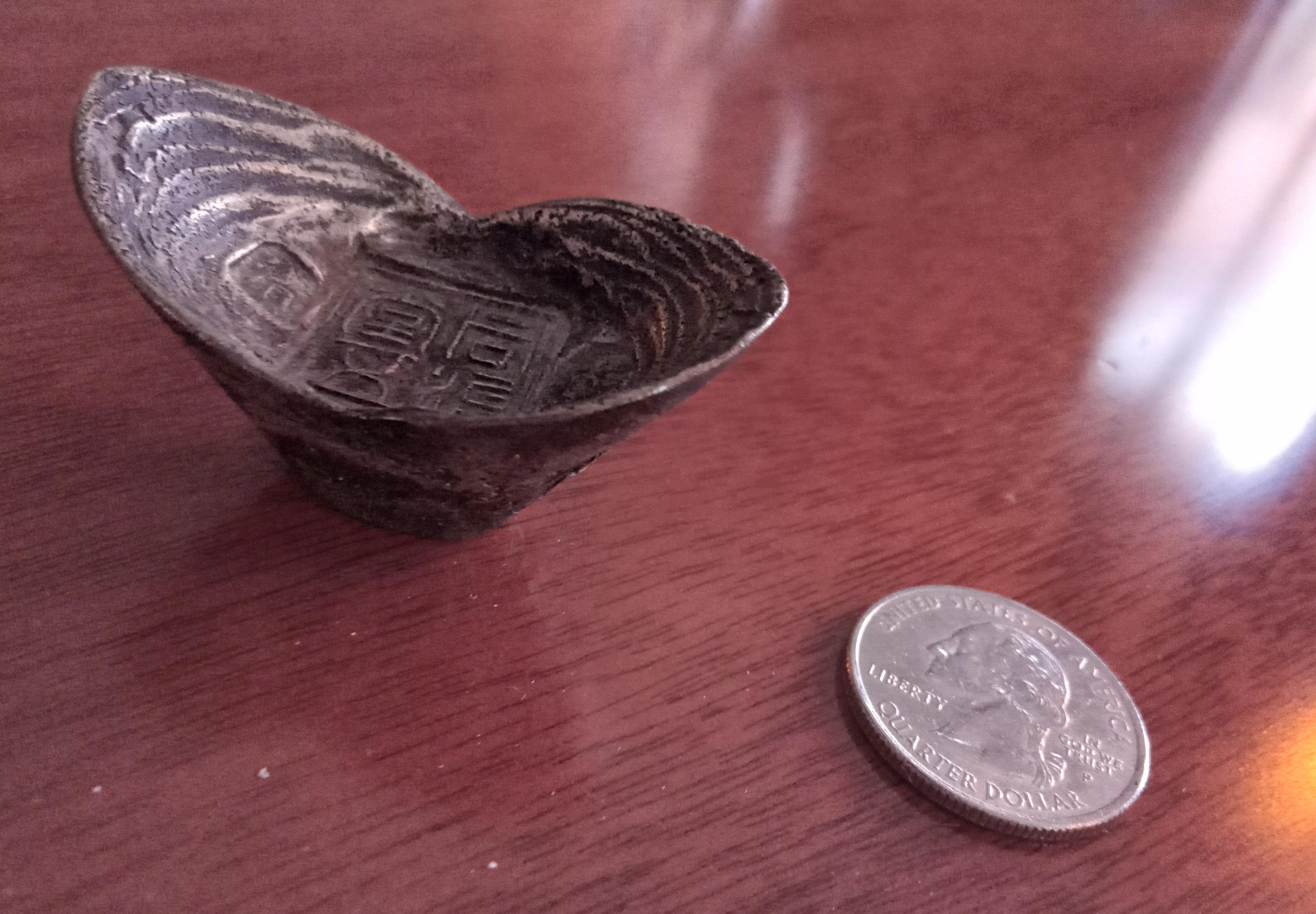|
Boxer Indemnity Scholarship
The Boxer Indemnity Scholarship Program () was a scholarship program for Chinese students to be educated in the United States, funded by the . In 1908, the U.S. Congress passed a bill to return to China the excess of Boxer Indemnity, amounting to over 17 million dollars. Despite the fierce controversies over returning the excess payment, President Theodore Roosevelt's administration decided to establish the Boxer Indemnity Scholarship Program to educate Chinese. President Roosevelt recognized this program as a chance for "American-directed reform in China" that could potentially improve US-China relations, bridging Chinese and American culture, and promoting the US's international image. Instead of copying European imperialism and using military means to reap a short-term financial gain, Roosevelt established the program to insure peace and trade in China in the "most satisfactory and subtle of all ways", while helping the United States gain respect and take a leadership position ... [...More Info...] [...Related Items...] OR: [Wikipedia] [Google] [Baidu] |
Sexagenary Cycle
The sexagenary cycle, also known as the Stems-and-Branches or ganzhi ( zh, 干支, gānzhī), is a cycle of sixty terms, each corresponding to one year, thus a total of sixty years for one cycle, historically used for recording time in China and the rest of the East Asian cultural sphere. It appears as a means of recording days in the first Chinese written texts, the Shang oracle bones of the late second millennium BC. Its use to record years began around the middle of the 3rd century BC. The cycle and its variations have been an important part of the traditional calendrical systems in Chinese-influenced Asian states and territories, particularly those of Japan, Korea, and Vietnam, with the old Chinese system still in use in Taiwan, and to a lesser extent, in Mainland China. This traditional method of numbering days and years no longer has any significant role in modern Chinese time-keeping or the official calendar. However, the sexagenary cycle is used in the names of many hist ... [...More Info...] [...Related Items...] OR: [Wikipedia] [Google] [Baidu] |
Kingdom Of Italy
The Kingdom of Italy ( it, Regno d'Italia) was a state that existed from 1861, when Victor Emmanuel II of Sardinia was proclaimed King of Italy, until 1946, when civil discontent led to an institutional referendum to abandon the monarchy and form the modern Italian Republic. The state resulted from a decades-long process, the '' Risorgimento'', of consolidating the different states of the Italian Peninsula into a single state. That process was influenced by the Savoy-led Kingdom of Sardinia, which can be considered Italy's legal predecessor state. Italy declared war on Austria in alliance with Prussia in 1866 and received the region of Veneto following their victory. Italian troops entered Rome in 1870, ending more than one thousand years of Papal temporal power. Italy entered into a Triple Alliance with the German Empire and the Austro-Hungarian Empire in 1882, following strong disagreements with France about their respective colonial expansions. Although relations with ... [...More Info...] [...Related Items...] OR: [Wikipedia] [Google] [Baidu] |
Liang Cheng
Liang Cheng (November 30, 1864 – February 3, 1917), courtesy name Liang Chentung, also known as Liang Pi Yuk, and later as Chentung Liang Cheng, was a Chinese ambassador to the United States during the Qing dynasty. He was primarily responsible for negotiating the return payment by the US of its share of the Boxer Indemnity for the establishment of Tsinghua University and the Boxer Indemnity Scholarship Program. Early life in the United States Liang was born in Panyu, Guangdong Province. At the age of 12, he was sent to study in the United States as part of the Chinese Educational Mission. He studied at Phillips Academy in Andover, Massachusetts, but returned to China in 1881 when the program was canceled. One of the reasons for the cancellation of the mission was that the students were adopting too many American customs, and Liang was no exception. While at Phillips, he became a star baseball player for the school, most famously in a game against Phillips Exeter Academ ... [...More Info...] [...Related Items...] OR: [Wikipedia] [Google] [Baidu] |
Pound Sterling
Sterling (abbreviation: stg; Other spelling styles, such as STG and Stg, are also seen. ISO code: GBP) is the currency of the United Kingdom and nine of its associated territories. The pound ( sign: £) is the main unit of sterling, and the word "pound" is also used to refer to the British currency generally, often qualified in international contexts as the British pound or the pound sterling. Sterling is the world's oldest currency that is still in use and that has been in continuous use since its inception. It is currently the fourth most-traded currency in the foreign exchange market, after the United States dollar, the euro, and the Japanese yen. Together with those three currencies and Renminbi, it forms the basket of currencies which calculate the value of IMF special drawing rights. As of mid-2021, sterling is also the fourth most-held reserve currency in global reserves. The Bank of England is the central bank for sterling, issuing its own banknotes, ... [...More Info...] [...Related Items...] OR: [Wikipedia] [Google] [Baidu] |
Gold Dollar
The gold dollar or gold one-dollar piece is a gold coin that was struck as a regular issue by the United States Bureau of the Mint from 1849 to 1889. The coin had three types over its lifetime, all designed by Mint Chief Engraver James B. Longacre. The Type 1 issue has the smallest diameter (0.5 inch =12.7mm) of any United States coin minted to date. A gold dollar coin had been proposed several times in the 1830s and 1840s, but was not initially adopted. Congress was finally galvanized into action by the increased supply of bullion caused by the California gold rush, and in 1849 authorized a gold dollar. In its early years, silver coins were being hoarded or exported, and the gold dollar found a ready place in commerce. Silver again circulated after Congress in 1853 required that new coins of that metal be made lighter, and the gold dollar became a rarity in commerce even before federal coins vanished from circulation because of the economic disruption caused by the Amer ... [...More Info...] [...Related Items...] OR: [Wikipedia] [Google] [Baidu] |
Exchange Rate
In finance, an exchange rate is the rate at which one currency will be exchanged for another currency. Currencies are most commonly national currencies, but may be sub-national as in the case of Hong Kong or supra-national as in the case of the euro. The exchange rate is also regarded as the value of one country's currency in relation to another currency. For example, an interbank exchange rate of 114 Japanese yen to the United States dollar means that ¥114 will be exchanged for or that will be exchanged for ¥114. In this case it is said that the price of a dollar in relation to yen is ¥114, or equivalently that the price of a yen in relation to dollars is $1/114. Each country determines the exchange rate regime that will apply to its currency. For example, a currency may be floating, pegged (fixed), or a hybrid. Governments can impose certain limits and controls on exchange rates. Countries can also have a strong or weak currency. There is no agreement in the econo ... [...More Info...] [...Related Items...] OR: [Wikipedia] [Google] [Baidu] |
WW Norton & Co
W. W. Norton & Company is an American publishing company based in New York City. Established in 1923, it has been owned wholly by its employees since the early 1960s. The company is known for its Norton Anthologies (particularly ''The Norton Anthology of English Literature'') and its texts in the Norton Critical Editions series, both of which are frequently assigned in university literature courses. History and overview The roots of the company date to 1923, when William Warder Norton founded the firm with his wife Mary Dows Herter Norton, and became its first president. In the 1960s, Mary Norton offered most of her stock to its leading editors and managers. Storer D. Lunt took over in 1945 after Norton's death, and was succeeded by George Brockway (1957–1976), Donald S. Lamm (1976–1994), W. Drake McFeely (1994–2017), and Julia A. Reidhead (2017–present). Reidhead was vice president and publishing director of Norton's College division and a former editor of the Nor ... [...More Info...] [...Related Items...] OR: [Wikipedia] [Google] [Baidu] |
The Search For Modern China
''The Search for Modern China'' is a 1990 non-fiction book by Jonathan Spence, published by Century Hutchinson and W. W. Norton & Company. It covers the period 1600 to 1989. According to Spence, the goal was to explain how Modern China was created rather than writing about Modern China directly. Spence stated that he chose 1600 as the starting point so he could "get a full sense of how China's current problems have arisen, and of what resources ..he Chinese can call upon to solve them." Theresa Munford in ''Far Eastern Economic Review'', described it as "more of a textbook" than '' The Gate of Heavenly Peace'', which she described as lighter reading. Contents The total page count is 876. There is one further reading list per chapter, and the book has some footnotes. She stated the items of photography "are refreshingly different from the ones that are normally reproduced in Chinese history books", "especially the black and white" ones. There are 49 maps and 49 tables. Very lit ... [...More Info...] [...Related Items...] OR: [Wikipedia] [Google] [Baidu] |
Jonathan Spence
Jonathan Dermot Spence (11 August 1936 – 25 December 2021) was an English-born American historian, Sinology, sinologist, and writer who specialized in History of China, Chinese history. He was Sterling Professor of History at Yale University from 1993 to 2008. His most widely read book is ''The Search for Modern China'', a survey of the last several hundred years of Chinese history based on his popular course at Yale. A prolific author, reviewer, and essayist, he published more than a dozen books on China. Spence's major interest was modern China, especially the Qing dynasty, and relations between China and the West.Roberts, Priscilla "Spence, Jonathan D." pages 1136–1137 from ''The Encyclopedia of Historians and Historical Writing'' edited by Kelly Boyd, Volume 2, London:Fitzroy Dearborn Publishers, 1999 page 1136. Spence frequently used biographies to examine cultural and political history. Another common theme is the efforts of both Westerners and Chinese "to change Chin ... [...More Info...] [...Related Items...] OR: [Wikipedia] [Google] [Baidu] |
Indemnity
In contract law, an indemnity is a contractual obligation of one party (the ''indemnitor'') to compensate the loss incurred by another party (the ''indemnitee'') due to the relevant acts of the indemnitor or any other party. The duty to indemnify is usually, but not always, coextensive with the contractual duty to "hold harmless" or "save harmless". In contrast, a "guarantee" is an obligation of one party (the ''guarantor'') to another party to perform the promise of a relevant other party if that other party defaults. Indemnities form the basis of many insurance contracts; for example, a car owner may purchase different kinds of insurance as an indemnity for various kinds of loss arising from operation of the car, such as damage to the car itself, or medical expenses following an accident. In an agency context, a principal may be obligated to indemnify their agent for liabilities incurred while carrying out responsibilities under the relationship. While the events giving rise ... [...More Info...] [...Related Items...] OR: [Wikipedia] [Google] [Baidu] |
Tael
Tael (),"Tael" entry at the OED Online. also known as the tahil and by other names, can refer to any one of several weight measures used in and . It usually refers to the Chinese ... [...More Info...] [...Related Items...] OR: [Wikipedia] [Google] [Baidu] |
Boxer Protocol
The Boxer Protocol was signed on September 7, 1901, between the Qing Empire of China and the Eight-Nation Alliance that had provided military forces (including Austria-Hungary, France, Germany, United Kingdom, Italy, Japan, Russia, and the United States as well as Belgium, Spain, and the Netherlands), after China's defeat in the intervention to put down the Boxer Rebellion. It is regarded as one of the unequal treaties. Negotiations during the Boxer Rebellion The Qing dynasty was by no means defeated when the Allies took control of Beijing. The Allies had to temper the demands they sent in a message to Xi'an to get the Empress Dowager Cixi to agree with them; for instance, China did not have to give up any land. Many of the Dowager Empress' advisers in the Imperial Court insisted that the war continue against the foreigners, arguing that China could defeat them since it was the disloyal and traitorous people within China who allowed Beijing and Tianjin to be captured by ... [...More Info...] [...Related Items...] OR: [Wikipedia] [Google] [Baidu] |





.jpg)

